Is Olive Oil Vegan diet? Understanding Its Role in a Vegan Diet. Discover why olive oil is considered vegan, its nutritional benefits, and how it fits into a plant-based diet. Explore the ethical considerations and alternatives in this comprehensive guide.
Introduction
When it comes to the question of whether olive oil is vegan, the answer seems straightforward: yes, it is. But as with many things in life, the devil is in the details. While olive oil is a plant-based product, its production process and the ethics behind its use might raise some questions among strict vegans. In this comprehensive guide, we will dive deep into what makes olive oil vegan-friendly, its nutritional benefits, and how it fits into a vegan diet. So, if you’re curious about where olive oil stands in the vegan world, you’ve come to the right place.
Is Olive Oil Vegan diet
Understanding Veganism
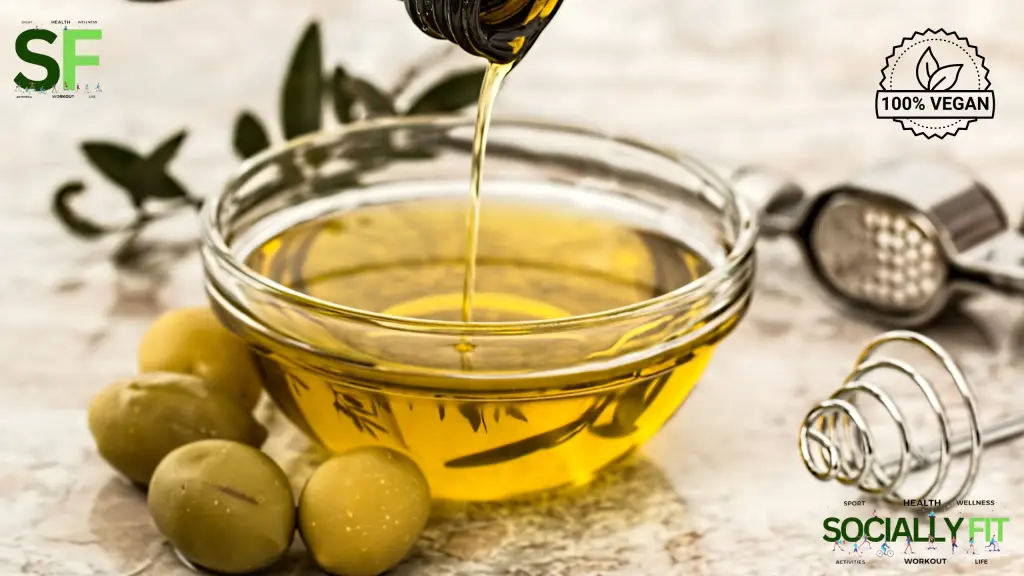
What Does It Mean to Be Vegan?
Veganism is more than just a diet; it’s a lifestyle choice that revolves around avoiding the use of animal products in all forms. This includes food, clothing, and other products derived from animals. The primary motivation behind veganism varies, but it often includes ethical concerns about animal welfare, environmental sustainability, and health benefits.
The Core Principles of a Vegan Diet
A vegan diet excludes all animal products, including meat, dairy, eggs, and honey. The focus is on consuming plant-based foods like fruits, vegetables, grains, legumes, nuts, and seeds. This diet is celebrated for its health benefits, including lower risks of heart disease, high blood pressure, and certain cancers.
Is Olive Oil Vegan diet
What is Olive Oil?
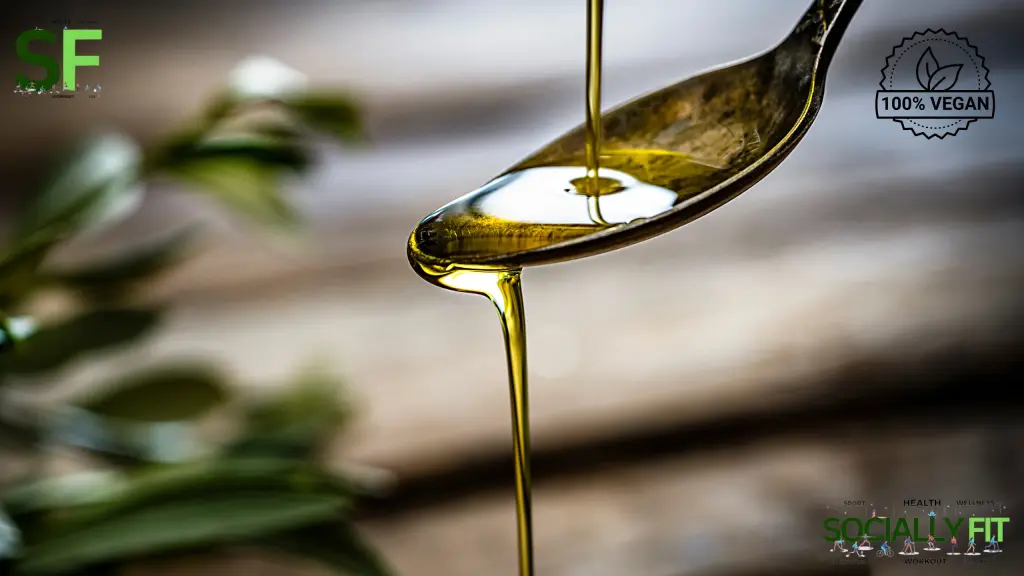
The Production Process of Olive Oil
Olive oil is a liquid fat obtained from olives, a traditional tree crop of the Mediterranean Basin. The process of making olive oil involves several steps, including harvesting, pressing, and extracting the oil. The olives are typically crushed into a paste, then pressed to separate the oil from the water and solids. This oil is then filtered and sometimes refined to remove impurities.
Types of Olive Oil and Their Nutritional Profiles
- Extra Virgin Olive Oil (EVOO)
Description: EVOO is the highest quality olive oil, made from cold-pressed olives without chemical processing. It has a robust, fruity flavor and is rich in nutrients.
Nutritional Data: High in monounsaturated fats (about 73%), contains polyphenols, antioxidants, and vitamin E. Calories: ~120 per tablespoon. - Virgin Olive Oil
Description: Similar to EVOO but with a slightly higher acidity level and less intense flavor. It’s also made from cold-pressed olives but may include some defects in taste.
Nutritional Data: Similar to EVOO with slightly lower antioxidant content. Still rich in monounsaturated fats and calories: ~120 per tablespoon. - Refined Olive Oil
Description: Refined olive oil is produced by chemically processing virgin olive oil to remove impurities. It has a neutral taste and is often blended with a small amount of virgin oil to enhance flavor.
Nutritional Data: Lower in antioxidants and polyphenols compared to virgin varieties, but still contains monounsaturated fats. Calories: ~120 per tablespoon. - Pure Olive Oil
Description: A blend of virgin and refined olive oils, pure olive oil has a moderate flavor and is suitable for various cooking methods. It’s not as nutrient-dense as virgin oils.
Nutritional Data: Contains monounsaturated fats, lower in antioxidants and polyphenols. Calories: ~120 per tablespoon. - Pomace Olive Oil
Description: Made from the residue left after the initial pressing of the olives, pomace oil is highly refined and often used in commercial food production rather than home cooking.
Nutritional Data: Contains fewer nutrients and antioxidants due to extensive refining. Calories: ~120 per tablespoon, mostly from monounsaturated fats. - Cold-Pressed Olive Oil
Description: Produced by pressing olives without heating, preserving more of the oil’s natural nutrients and flavor. This method is often used for producing extra virgin and virgin oils.
Nutritional Data: High in antioxidants, polyphenols, and monounsaturated fats. Calories: ~120 per tablespoon. - Light Olive Oil
Description: Despite the name, “light” refers to the oil’s flavor and color, not its fat or calorie content. This type is highly refined and has a very mild taste.
Nutritional Data: Similar in fat content to other olive oils, but lower in antioxidants. Calories: ~120 per tablespoon. - Flavored Olive Oil
Description: Olive oil infused with flavors like garlic, lemon, or herbs. The base oil can be extra virgin, virgin, or refined, and the added flavors make it versatile for culinary use.
Nutritional Data: The nutritional profile depends on the base oil used. Generally, it’s high in monounsaturated fats with additional flavors. Calories: ~120 per tablespoon. - Organic Olive Oil
Description: Made from olives grown without synthetic pesticides or fertilizers. Organic oils can be extra virgin, virgin, or refined, depending on the production process.
Nutritional Data: Similar to non-organic oils, but with the added benefit of being free from chemical residues. High in monounsaturated fats and antioxidants. Calories: ~120 per tablespoon. - Stone-Ground Olive Oil
Description: Produced using traditional stone grinding methods, this type of olive oil retains more of its natural flavor and nutrients. It’s often used for high-quality extra virgin olive oil.
Nutritional Data: Rich in polyphenols, antioxidants, and monounsaturated fats. Calories: ~120 per tablespoon.
Summary of Nutritional Data:
- Calories: ~120 per tablespoon across all types.
- Monounsaturated Fats: Predominantly found in all types (~73% of the fat content).
- Antioxidants & Polyphenols: Highest in extra virgin, cold-pressed, and stone-ground varieties. Lower in refined and light olive oils.
- Vitamin E: Present in most types, especially in extra virgin and virgin olive oils.
Note: While calorie content is consistent across different types, the nutrient density—especially antioxidants, polyphenols, and flavor—varies significantly based on the level of processing.
Is Olive Oil Vegan diet
Is Olive Oil Vegan diet?
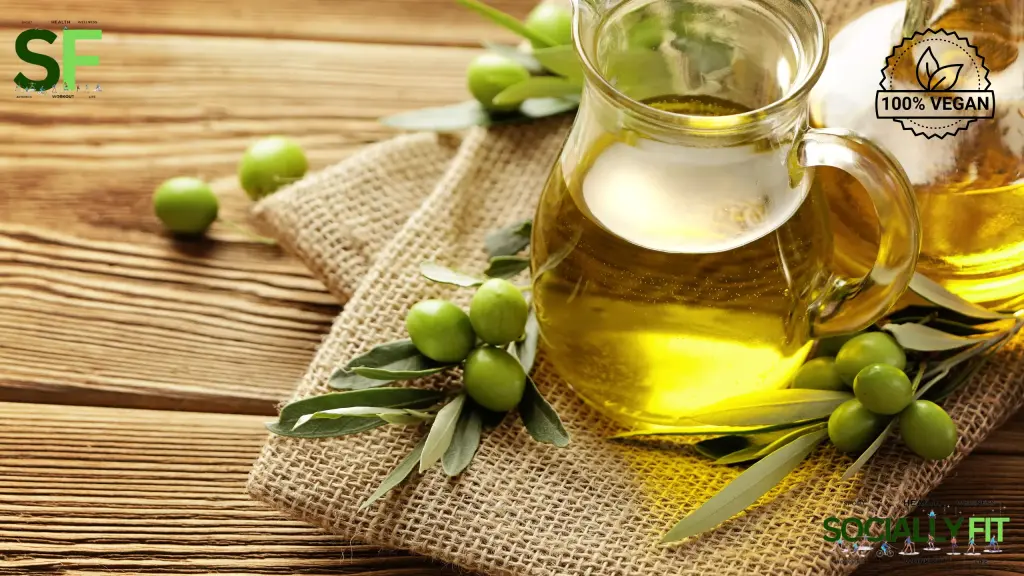
Why Olive Oil is Considered Vegan
At its core, olive oil is vegan. It is derived from plants and involves no direct animal products in its production. This makes it a staple in vegan diets, used in cooking, baking, and as a dressing. Since olive oil does not require the exploitation of animals in its production, it aligns with the principles of veganism.
Controversial Aspects and Considerations
However, some vegans might question the ethics of olive oil production. For instance, the impact of large-scale olive farming on wildlife habitats and the potential use of animal labor in traditional harvesting methods are concerns. While these aspects don’t necessarily disqualify olive oil from being vegan, they are worth considering for those who adhere strictly to vegan ethics.
Is Olive Oil Vegan diet
How Does Olive Oil Compare to Coconut Oil in a Vegan Diet?
| Aspect | Olive Oil | Coconut Oil | Comparison |
|---|---|---|---|
| Nutritional Value | Rich in monounsaturated fats and antioxidants | High in saturated fats, low in antioxidants | Olive oil is healthier for heart health; coconut oil is richer in saturated fats. |
| Cooking Uses | Best for sautéing, roasting, and cold dishes | Ideal for baking, frying, and high-heat cooking | Olive oil has a lower smoke point, making coconut oil better for high-heat cooking. |
| Flavor Profile | Mild, fruity flavor | Distinct, sweet flavor | Olive oil has a more versatile flavor, while coconut oil adds a unique taste. |
| Health Impact | Supports heart health and reduces inflammation | May raise LDL cholesterol due to saturated fats | Olive oil is generally considered better for cardiovascular health. |
| Environmental Impact | Varies depending on farming practices | Often sourced from monoculture plantations | Olive oil can be more sustainable, while coconut oil farming may cause deforestation. |
Analysis:
- Choose olive oil for heart health and dishes where a mild flavor is desired.
- Opt for coconut oil when baking or frying at high temperatures.
- Consider the environmental impact; organic olive oil may be a more sustainable choice.
- Coconut oil’s unique flavor can enhance certain recipes but may not suit all dishes.
- Moderation is key—both oils offer benefits, but their nutritional profiles differ.
Is Olive Oil Vegan diet
Nutritional Benefits of Olive Oil

Key Nutrients in Olive Oil
Olive oil is rich in monounsaturated fats, particularly oleic acid, which is known for its heart-healthy properties. It also contains antioxidants like vitamin E and polyphenols, which help protect the body from oxidative stress.
Health Benefits of Including Olive Oil in Your Diet
Incorporating olive oil into your diet can offer numerous health benefits, including:
- Heart Health: Olive oil can help reduce the risk of cardiovascular diseases by improving cholesterol levels and lowering blood pressure.
- Anti-Inflammatory Properties: The antioxidants in olive oil, especially oleocanthal, have anti-inflammatory effects similar to those of ibuprofen.
- Cancer Prevention: Some studies suggest that the antioxidants in olive oil may help protect against certain types of cancer.
- Digestive Health: Olive oil can promote healthy digestion and may help prevent gallstones.
Is Olive Oil Vegan diet
What Are the Differences Between Extra Virgin Olive Oil and Refined Olive Oil in Terms of Vegan Suitability?
| Aspect | Extra Virgin Olive Oil (EVOO) | Refined Olive Oil | Comparison |
|---|---|---|---|
| Processing | Minimal processing, cold-pressed | Undergoes chemical refining | EVOO is less processed, making it more suitable for those who prefer natural products. |
| Nutrient Content | High in antioxidants and polyphenols | Lower in nutrients due to refining | EVOO is richer in beneficial nutrients, aligning better with health-focused vegan diets. |
| Flavor | Robust, fruity flavor | Milder, neutral flavor | EVOO offers a more distinct flavor, while refined oil is better for subtle-tasting dishes. |
| Purity | 100% pure with no additives | May contain additives or mixed oils | EVOO is purer, which may be preferred by strict vegans avoiding additives. |
| Cost | Generally more expensive | More affordable | EVOO is pricier but considered worth it for its quality and health benefits. |
Analysis
- Choose EVOO for maximum nutritional benefits and purity in a vegan diet.
- Use refined olive oil for cooking where a neutral flavor is preferred.
- Consider EVOO if you value minimally processed, additive-free oils.
- Balance cost with quality—EVOO is worth the investment for health-conscious vegans.
- Use refined olive oil in recipes where cost is a factor, but the purity is less critical.
Is Olive Oil Vegan diet
How Olive Oil Fits into a Vegan Diet
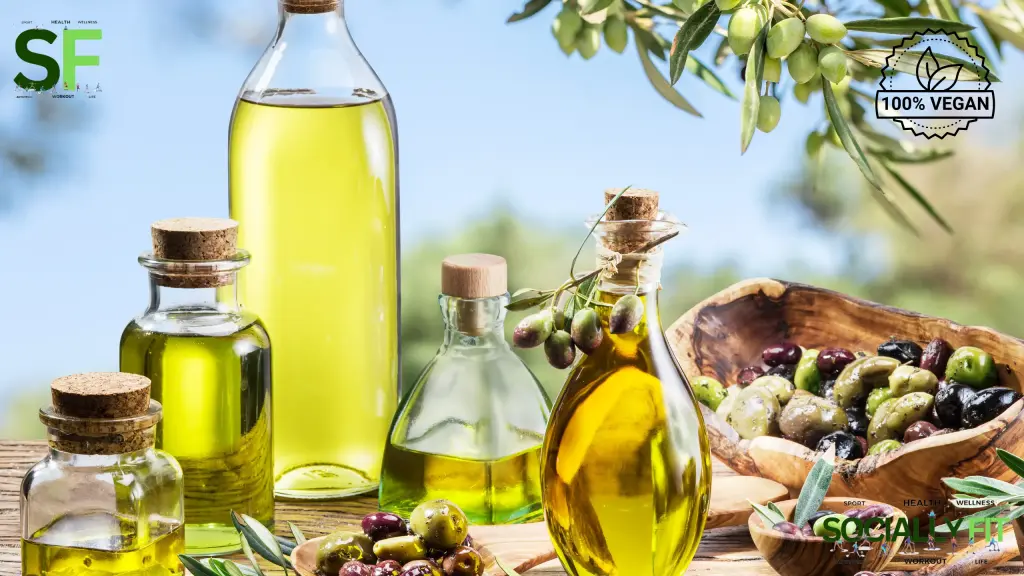
Cooking with Olive Oil
Olive oil is incredibly versatile in the kitchen. It’s perfect for sautéing vegetables, grilling, roasting, and even frying at low to medium temperatures. Its rich flavor enhances the taste of many vegan dishes, making it a favorite among plant-based cooks.
Using Olive Oil in Vegan Recipes
Beyond cooking, olive oil can be used in various vegan recipes. It can be drizzled over salads, mixed into dressings, or used as a base for marinades. It also plays a crucial role in vegan baking, where it can replace butter or other fats.
Is Olive Oil Vegan diet
Is Organic Olive Oil More Vegan-Friendly Than Non-Organic Olive Oil?
| Aspect | Organic Olive Oil | Non-Organic Olive Oil | Comparison |
|---|---|---|---|
| Pesticide Use | Free from synthetic pesticides | May contain pesticide residues | Organic is preferable for vegans concerned about chemical exposure. |
| Farming Practices | Often employs sustainable methods | Conventional farming methods used | Organic farming is more environmentally friendly, aligning better with vegan ethics. |
| Animal Impact | Less likely to harm wildlife due to organic practices | Conventional farming may harm local wildlife | Organic farming is less disruptive to ecosystems, appealing to ethical vegans. |
| Certification | Certified organic, ensuring strict standards | No certification required | Organic certification provides assurance of practices that align with vegan values. |
| Cost | Generally more expensive | More affordable | Organic oils are costlier but valued for their environmental and health benefits. |
Analysis:
- Opt for organic olive oil to avoid synthetic pesticides and support sustainable farming.
- Consider non-organic olive oil if cost is a primary concern, but be aware of potential chemical residues.
- Organic oils are a better choice for vegans concerned with minimizing harm to wildlife.
- Look for organic certification to ensure you’re supporting practices aligned with vegan principles.
- Weigh the environmental and ethical benefits against the higher cost of organic olive oil.
Is Olive Oil Vegan diet
Ethical Considerations: Is Olive Oil Vegan diet?
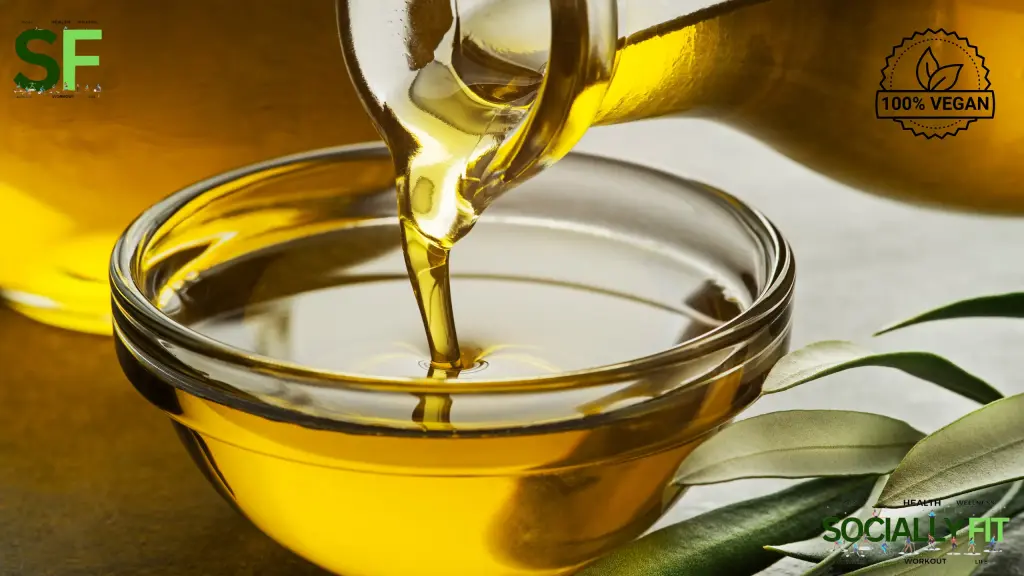
Environmental Impact of Olive Oil Production
Like any agricultural product, olive oil production has an environmental impact. Large-scale olive farming can lead to deforestation, soil erosion, and water usage concerns. Organic farming practices can mitigate some of these effects, making organic olive oil a more sustainable choice.
Animal Exploitation in Agriculture
While olive oil itself does not involve animal products, the broader agricultural industry sometimes uses animals in ways that concern vegans. For instance, some traditional olive farms may use animal labor for harvesting. Although this practice is not widespread, it’s something to consider when choosing olive oil.
Is Olive Oil Vegan diet
How Does the Environmental Impact of Olive Oil Production Compare to Other Plant-Based Oils?
| Aspect | Olive Oil | Other Plant-Based Oils (e.g., Coconut, Soy) | Comparison |
|---|---|---|---|
| Water Usage | Moderate water requirements | Varies (Coconut: low, Soy: high) | Olive oil has moderate water needs; coconut oil is more water-efficient. |
| Land Use | Requires specific climates, limited land expansion | Often involves monoculture farming | Other oils, like soy, may lead to deforestation, whereas olive cultivation is less expansive. |
| Biodiversity | Can support diverse ecosystems | Monoculture reduces biodiversity | Olive farming can be more biodiversity-friendly compared to large-scale soy or palm oil farming. |
| Carbon Footprint | Moderate, varies by farming practices | Varies (Soy: high, Coconut: moderate) | Olive oil has a lower carbon footprint compared to oils like soy or palm. |
| Sustainability | Can be sustainable with organic practices | Often unsustainable (e.g., palm oil) | Olive oil is generally more sustainable, especially when organic, compared to many other oils. |
Analysis:
- Choose olive oil if you’re concerned about deforestation and biodiversity.
- Opt for coconut oil if water conservation is a priority.
- Support sustainable practices by choosing organic olive oil or other sustainably sourced oils.
- Be mindful of the carbon footprint; olive oil generally has a lower impact than soy or palm oil.
- Consider the overall sustainability of your oil choices, balancing environmental impact with nutritional needs.
Is Olive Oil Vegan diet
Alternatives to Olive Oil in a Vegan Diet

Other Plant-Based Oils
If you’re looking for alternatives to olive oil, there are several plant-based oils to consider:
- Coconut Oil: Known for its unique flavor and solid texture at room temperature, it’s ideal for baking and frying.
- Avocado Oil: High in monounsaturated fats, it’s great for high-heat cooking.
- Flaxseed Oil: Rich in omega-3 fatty acids, it’s best used in dressings and dips.
When to Use Olive Oil Alternatives
Different oils have different smoke points and flavors, making them suitable for various cooking methods. For instance, avocado oil is better for high-heat cooking, while olive oil is best for medium heat or cold applications like salad dressings.
Is Olive Oil Vegan diet
What Makes Olive Oil a Better or Worse Choice for Vegans Compared to Avocado Oil?
| Aspect | Olive Oil | Avocado Oil | Comparison |
|---|---|---|---|
| Nutrient Profile | High in monounsaturated fats, antioxidants | Similar nutrient profile, slightly higher in vitamin E | Both are nutritionally similar, but avocado oil has more vitamin E. |
| Cooking Uses | Best for medium-heat cooking and cold dishes | Ideal for high-heat cooking and frying | Avocado oil is better for high-heat applications due to its higher smoke point. |
| Flavor | Fruity, mild flavor | Mild, buttery flavor | Olive oil offers a more distinctive flavor, while avocado oil is milder. |
| Availability | Widely available | Less common, often more expensive | Olive oil is easier to find and generally more affordable. |
| Environmental Impact | Moderate, varies by region | Similar environmental impact | Both have a comparable environmental impact, though avocado farming can be more resource-intensive. |
Analysis:
- Choose olive oil for everyday use, especially in recipes where flavor matters.
- Use avocado oil for high-heat cooking or if you need extra vitamin E in your diet.
- Olive oil is more affordable and accessible, making it a practical choice for most vegans.
- Consider the environmental impact—both oils are relatively sustainable, but regional farming practices can vary.
- Balance flavor and cooking needs—olive oil offers a distinctive taste, while avocado oil provides versatility in high-heat cooking.
Is Olive Oil Vegan diet
Is All Olive Oil Created Equal?
Organic vs. Non-Organic Olive Oil
Organic olive oil is produced without the use of synthetic pesticides or fertilizers, making it a better choice for those concerned about environmental impact and chemical exposure. Non-organic olive oil, while more affordable, may contain residues from these chemicals.
Cold-Pressed vs. Refined Olive Oil
Cold-pressed olive oil retains more nutrients and natural flavors because it’s processed without heat. Refined olive oil, on the other hand, undergoes chemical processing to remove impurities, which can also strip away some of the beneficial compounds.
Is Olive Oil Vegan diet
How to Choose the Best Olive Oil for Your Vegan Diet
Reading Labels: What to Look For
When shopping for olive oil, look for terms like “extra virgin,” “cold-pressed,” and “organic” to ensure you’re getting the highest quality. Avoid oils labeled “light,” as they are often refined and lack the full flavor and nutrients of higher-quality oils.
Tips for Storing and Using Olive Oil
To preserve its quality, store olive oil in a cool, dark place away from direct sunlight and heat. Use it within six months to a year of opening, as it can go rancid over time.
Is Olive Oil Vegan diet
Common Myths About Olive Oil in a Vegan Diet
Debunking Misconceptions
There are several myths about olive oil that need to be debunked:
- Myth 1: Olive Oil is Fattening – While it’s calorie-dense, olive oil in moderation can be part of a healthy diet and even aid in weight management due to its satiating properties.
- Myth 2: Olive Oil Shouldn’t Be Used for Cooking – Although it has a lower smoke point than some oils, olive oil is still suitable for cooking at moderate temperatures.
Olive Oil in Popular Vegan Recipes
Vegan Salads and Dressings
Olive oil is a staple in vegan salads and dressings. Its rich, fruity flavor pairs well with a variety of vegetables and grains. A simple vinaigrette made with olive oil, lemon juice, and Dijon mustard can elevate any salad.
Vegan Baking with Olive Oil
In baking, olive oil can be used as a substitute for butter or other fats. It works well in cakes, muffins, and breads, adding moisture and a subtle richness to baked goods.
Is Olive Oil Vegan diet
Conclusion: Is Olive Oil Vegan diet?
In conclusion, olive oil is unequivocally vegan as it is derived entirely from the fruit of the olive tree without involving any animal products or by-products in its production process. Its rich history in culinary traditions and health benefits make it a staple in vegan diets. From the most premium extra virgin olive oil to the more affordable refined varieties, olive oil fits seamlessly into a plant-based lifestyle, providing essential nutrients like healthy monounsaturated fats and antioxidants.
However, while olive oil itself is vegan, it’s important for consumers to consider the broader ethical implications of their choices. Opting for organic and sustainably produced olive oils can further align with vegan values, as these options tend to minimize environmental impact and support more ethical farming practices. Ultimately, olive oil is not just a vegan-friendly ingredient; it’s also a versatile and healthful addition to any diet, offering both flavor and nutrition.
Is Olive Oil Vegan diet
FAQ: Is Olive Oil Vegan diet?
Is Olive Oil Environmentally Friendly?
Yes, especially if you choose organic olive oil. Organic farming practices reduce the environmental impact of olive oil production.
Can Olive Oil Be Part of a Weight Loss Plan?
Absolutely. While olive oil is calorie-dense, its healthy fats can help with satiety, making it easier to manage weight.
Does Olive Oil Have a High Saturated Fat Content?
No, olive oil is low in saturated fats and high in monounsaturated fats, which are heart-healthy.
Is Cooking with Olive Oil Safe?
Yes, olive oil is safe for cooking at low to medium temperatures. Extra virgin olive oil is best used in uncooked dishes or for light sautéing.
Can I Replace Olive Oil with Coconut Oil?
Yes, coconut oil can be used as a substitute in many recipes, but keep in mind it has a different flavor and nutritional profile.
Is Olive Oil Vegan diet
Click here to know more about weight loss. Subscribe to Workout with Hunar for weight loss and workout videos.








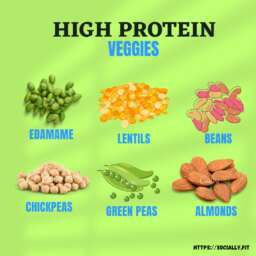
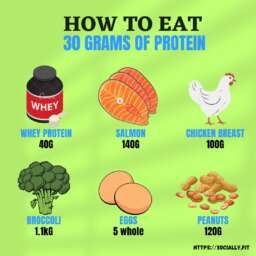
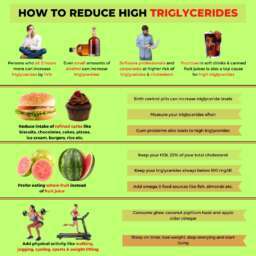
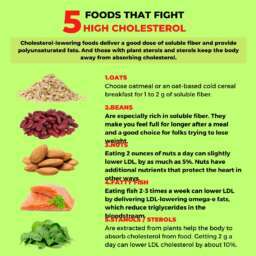
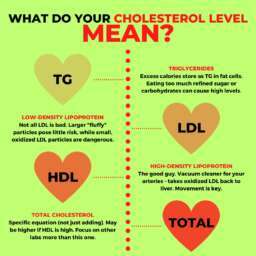


One thought on “Is Olive Oil Vegan diet?”